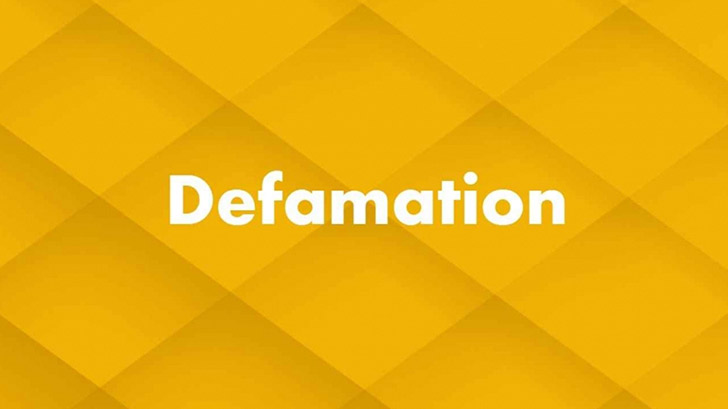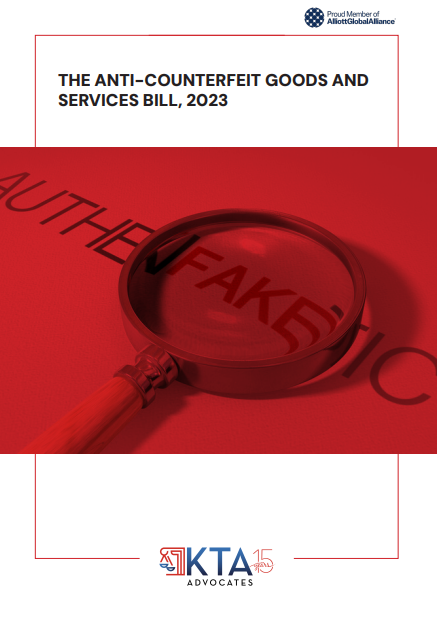The Internet represents a communications revolution. It makes instantaneous global communication available cheaply to anyone with a computer and an Internet connection … the Internet is also potentially a medium of virtually limitless international defamation. Barrick Gold Corporation v. Lopehandia, 2004 CanLII 12938 (Ont. C.A.), (2005) 71 O.R. (3d) 416 (C.A.)
Since it’s launch in February of 2004, Facebook (the most popular social networking site) has grown to over 500 million active users. If Facebook was a nation, it would be the world’s third most populous.
In this “nation”, a reputation can be destroyed in an instant through a drunken post, an anonymous email or a “trigger-happy” Tweet.
Since time immemorial, a person’s reputation has always been regarded as a pivotal commodity that could determine the person’s success in life. Laws on defamation have since the days of the Magna carta evolved to protect reputations whilst keeping up with the changing times.
Nevertheless, people are exceptionally adept at discovering new ways to defame one another. This is aggravated by the nature of the Internet where communication is immediate & transcends borders.
In Canada, the Supreme Court in the recent case of Grant v. Torstar, extended the need for “responsible communication on matters of public interest” to defamation not just to journalists, but to bloggers and online posters. This means that online archives of news stories or articles, must be changed to reflect new developments.
The Court of Appeal re-affirmed this position in the recent English case of Flood v. Times Newspapers Ltd. In that case, a police officer was accused, in a newspaper article, of taking bribes from Russian exiles with criminal connections. The article was printed in the paper edition of the Sunday Times, and was also made available in its entirety online. Approximately a year after the article was first published, a report cleared the police officer of any wrongdoing. and held that online archive of a story must be updated to take account of exculpatory developments.
The liability of the Internet Service Provider
In the UK, the Court has imposed a “notice-and- takedown” requirement on ISPs to remove defamatory content once they receive notice of it.
In Godfrey v. Demon Internet Limited, the English Court of Queen’s Bench found the host of a bulletin board service liable for failing to remove defamatory postings once they were made aware of the content.
In 2015, the European Court of Human Rights (ECHR) in Grand Chamber Case of Delfi v Estonia, departed from the “notice and take down requirement” when it held that an Estonian news site (Delfi) could be held responsible for anonymous and allegedly defamatory comments from its readers even after the information had been taken down.
In the US, the protection afforded ISPs is even broader. Section 230 of the Communications Decency Act provides statutory immunity for online services, including blogs, forums and ISPs, who publish defamatory content, so long as that content is authored by a third party. This immunity applies even if the ISP receives notice of the defamatory material.
The cloak of online anonymity
Whenever seemingly libelous content is posted on blog or a website, the perpetrators (who are often anonymous) are shielded by the right to privacy and freedom of speech. However, some of the victims of the defamation have valiantly fought to expose these cyber vigilantes.
In January of 2009, a fashion model instituted proceedings in the Supreme Court of New York to seeking to compel Google to disclose the identity of the author who had started a Google-hosted website describing her in disparaging and allegedly defamatory terms.
The “Anonymous Blogger,” as she was referred to in the action, was notified by Google of the proceedings and filed a brief in opposition to the application. In her brief, the Anonymous Blogger (through counsel) argued that the Internet has “evolved as the modern day soapbox for one’s personal opinion” and that “blogs have become a phenomenon, providing an excessively popular medium not only for conveying ideas, but also for mere venting purposes, affording the less outspoken a protected forum for voicing gripes, levelling invectives, and ranting about anything at all.”
In granting the application for disclosure, the court noted that the anonymous nature of the internet must be measured against the protection of reputation.
The court further opined that protection of the right to communicate anonymously must be balanced against the need to assure that those persons who choose to abuse the opportunities presented by this medium can be made to answer for such transgressions.
Before turning to the courts to compel disclosure of identifying information of online publishers, as a first step one should always write to the ISP, website or email provider requesting that they disclose the identifying information.
Although the ISPs will not disclose the requested information without a court order, asking the ISP is a necessary step toward obtaining the court order. The courts will be exceedingly reluctant to grant a disclosure order without other avenues of potential disclosure being exhausted, further, the ISP may be willing to confirm or deny the existence of the requested information. While asking won’t result in the requested information being granted, it will make the next steps significantly easier.
In the UK case of Norwich Pharmacal Co. v. Commissioners of Customs & Excise, [1974] A.C. 133 (H.L.). the House of Lords held that where a person becomes involved in the tortious acts of others, even innocently, that person has a duty to give full information to the injured party, by way of discovery, to disclose the identity of the wrongdoer.
This case was re-affirmed in the 2009 Ontario case of York University v. Bell Canada Enterprises, where York University sought a Norwich Pharmacal order compelling Internet service providers to disclose the identity of the anonymous author of allegedly defamatory emails and web postings that accused York University’s president of fraud.
The Irish court in Fred Muwema v Facebook has granted such an order, compelling Facebook to reveal the identity of TVO.
In granting the application for disclosure, court examined the role of the anonymous author(s) privacy expectations as they related to the interests of justice.
In conclusion, perpetrators of online defamation can be brought to book; soon, the cloak of immunity for ISP’s (in the US) may eventually be stripped from them as the law on defamation continues to evolve.



